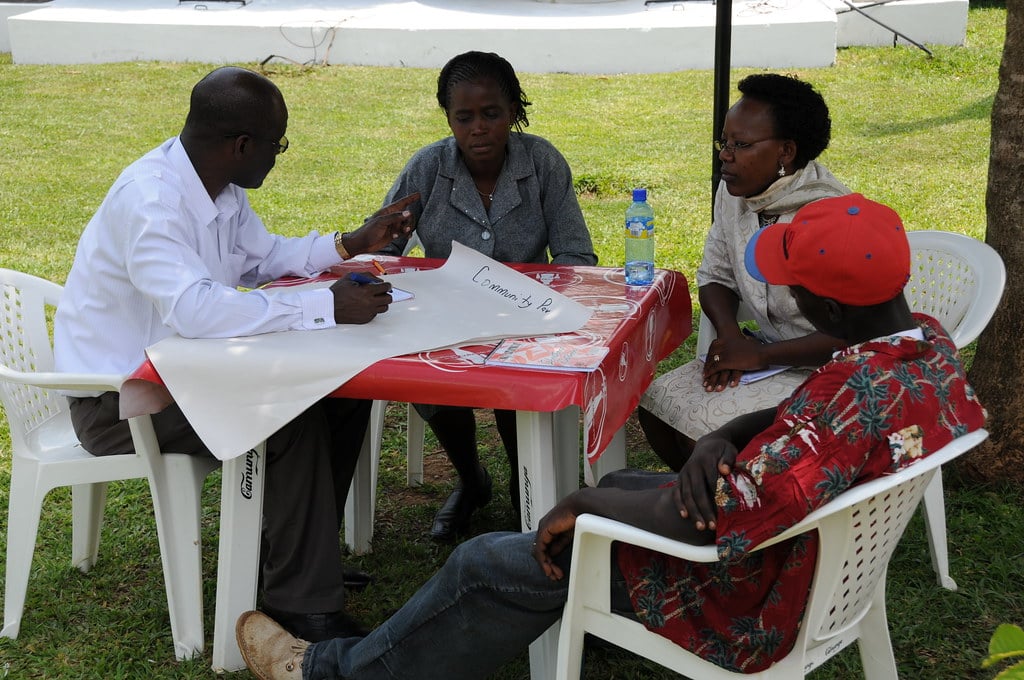About the research group
The chain of funding for civil society aid, which flows from the North to South (from institutional donor to international civil society organizations [CSO] to local CSO), comes with policy priorities and requirements. How this aid chain is organized (i.e. its institutional design) shapes the way development work is undertaken. The research project ‘Catalysing development: towards enabling rules for advocacy in Kenya’ conceptualizes the institutional design of aid chains as consisting of interrelated ‘rules’ regulating, for example, who is in and who is out, roles and responsibilities, decision making, and information sharing. The study clarifies how the civil society aid chain influences the ability of CSOs to engage in various types of advocacy for inclusive development. The research will employ a comparative analysis of the institutional design of the Strategic Partnership (SP) and Accountability Fund (AF) – two main lobby and advocacy instruments of the Dutch government.
